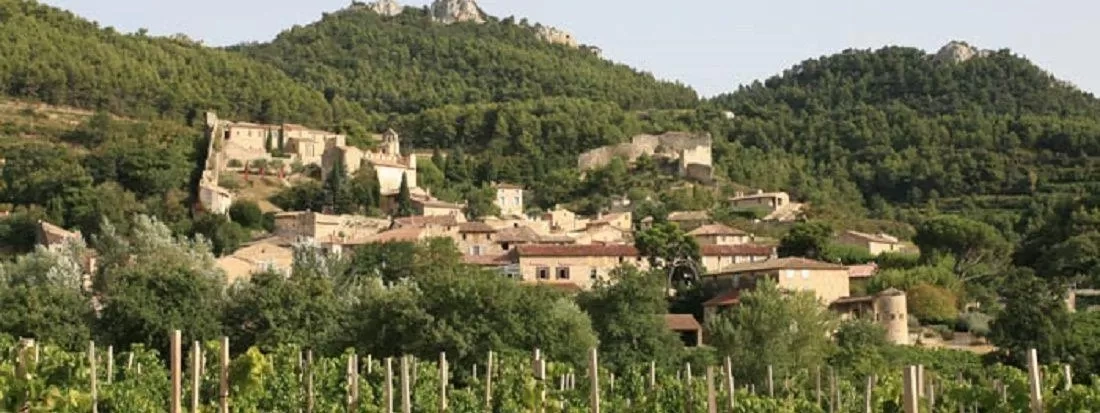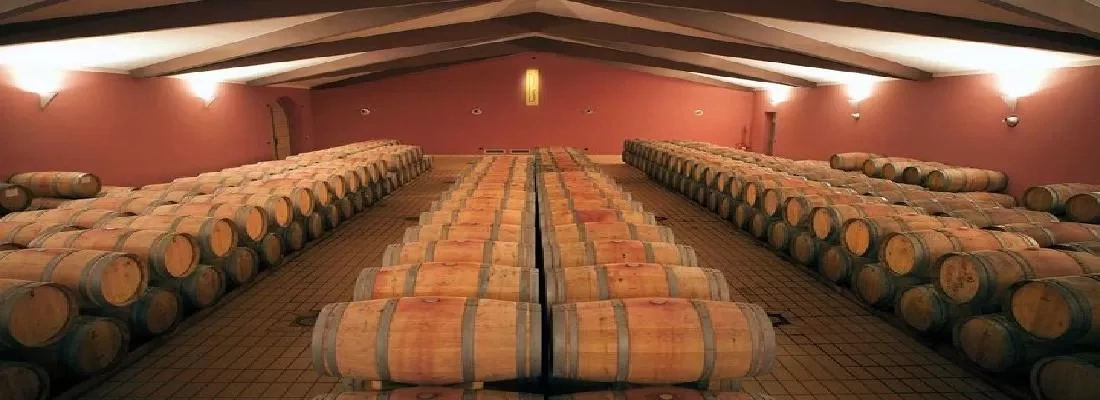Galloni 98-Falstaff 99
Parker- William Kelley 96, 2021-2050,
The 2014 Cristal is a terrific effort that transcends the vintage. Bursting from the glass with expressive aromas of ripe citrus fruit, nectarine, white flowers, freshly baked bread and subtle hints of honeycomb, it's medium to full-bodied, vinous and fleshy, with an exuberant core of fruit that's girdled by racy acids, resulting in a wine that's simultaneously chiseled and demonstrative, meaning that early appeal doesn't come at the expense of the requisite tension for long-term cellaring. Concluding with a long, aromatic and intensely chalky finish, it is a brilliant Champagne that will offer a broad drinking window. This bottle was disgorged in June 2021 with seven grams per liter dosage.
Jean-Baptiste Lécaillon opted to harvest late in 2014, taking advantage of September sunshine and a concentrating north wind to pursue maximal maturity. The estate vineyards that inform Cristal were all picked in seven days and delivered musts with more than 11% potential alcohol, requiring no chaptalisation. While the Côte de Blancs and Vallée de la Marne received double their average summer rainfall in 2014, figures for the Montagne de Reims were around average. Accordingly, the usually later-ripening vineyards of the Montagne were picked around the same time as those of the Côte de Blancs; and of the 45 parcels that typically inform Cristal, Lécaillon eliminated three from Avize and three from Aÿ, keeping everything from the Montagne. The resulting wine is a blend of 68% Pinot Noir and 32% Chardonnay, none of which went through malolactic, and around one-third of which was vinified in wood; and it was disgorged—for the first time for Cristal Blanc—with jetting to preserve tension and aromatic range.
Galloni 98,
The 2014 Cristal is another in a long line of gorgeous wines from Roederer and long-time Chef de Caves Jean-Baptiste Lécaillon. A dazzling, vibrant Champagne, the 2014 impresses with a stunning combination of fruit density and linear energy that brings to mind a hypothetical blend of 2012 and 2008. At times, the bubbles feel totally wrapped up in waves of creamy, resonant fruit to the point the mousse is barely perceptible, especially with aeration. The flavors are bright and finely sculpted, leaning very much into the citrus, floral and mineral end of the spectrum.
The blend is a classic: 60% Pinot Noir and 40% Chardonnay taken from 39 of the 45 parcels that comprise the Cristal estate. In most vintages, the Pinot components are roughly equally split between Verzy/Verzenay and Aÿ, but in 2014, Lécaillon favored Verzy and Verzenay, two north facing villages in the Montagne de Reims (where rain was less problematic) known for conferring saline energy and vibrancy. Rain was much more of an issue in the Vallée de la Marne. Consequently, some of the Pinots in Aÿ were diluted and did not make it into the blend. Chardonnays were sourced from historic plots in Avize, Mesnil and Cramant. About 32% of the lots were fermented in wood, the rest were done in tank. As always, all of the malolactic fermentations were blocked. In 2014, the growing season was marked by a good spring followed by a cool, wet summer and then very favorable weather in September. I vividly recall that there was not much enthusiasm for the vintage at the outset. Today, though, opinions are starting to change, at least with regards to some wines.
Since 2012, Cristal has been made entirely from organically-farmed grapes, an approach Lécaillon adopted in order to achieve a more ideal and parallel relationship between sugar and phenolic ripeness. “Champagne is always a battle between picking too early and rot,” Lécaillon has often said during our tastings. One of the other benefits of organic farming is that it naturally lowers yields. As Champagne fans know, the great wines of the 1950s and 1960s were made at a time when yields were in the 5,000 kilo per hectare range. Then, in the 1980s, widespread planting of higher-yielding clones led to an entirely different situation in the vineyard. Today’s permitted yields are 11,000 kilos per hectare, with some variation in years that present unusual growing conditions. With organic farming, yields for Cristal are in the 7,000-9,000 kilo per hectare range. Another innovation at Roederer has been a focus on higher-density plantings with newer vineyards, an approach that encourages low production per vine. But back to the wine.
Falstaff 99, Zum Anfang ein deutlicher Hauch von frischem grünem, aber reifem Apfel, von Zitrone. Subtiler floraler Duft, vielleicht Freesie, deutet auf weitere Nuance. Zeit im Glas enthüllt einen Hauch salziger Austernschale. Der Gaumen ist wie eine Sommerbrise, die den Gaumen mit feinstem, cremigstem Schaum umschmeichelt – und wieder diese Salzigkeit, absolut verführerisch und appetitanregend. Die cremige, aber definierte Textur weist immense vertikale Fülle auf. Trotz der Großzügigkeit, der Cremigkeit, gibt es nichts Überflüssiges, das die wesentliche und klare Leuchtkraft des Weins verdeckt. Der Wein ist ein Modell der Schnittigkeit, Understatement und Tiefe, eine äußerst überzeugende Kombination aus Lebendigkeit und Geschmeidigkeit. Jetzt schon unwiderstehlich, aber Evolution ist garantiert. A.K.












